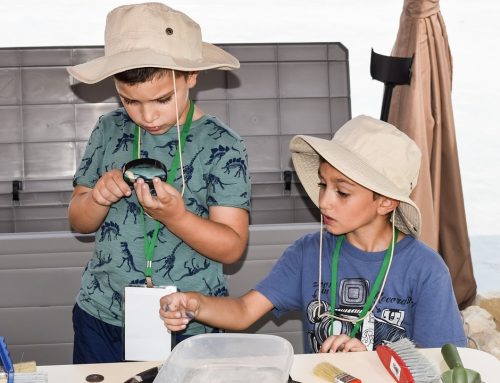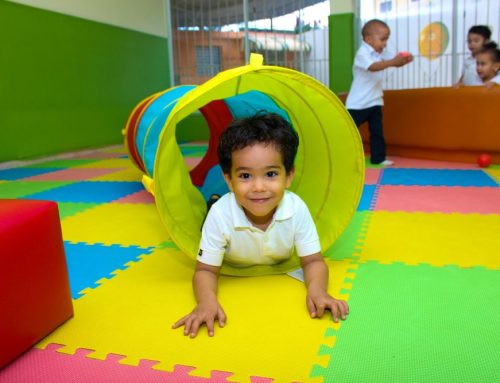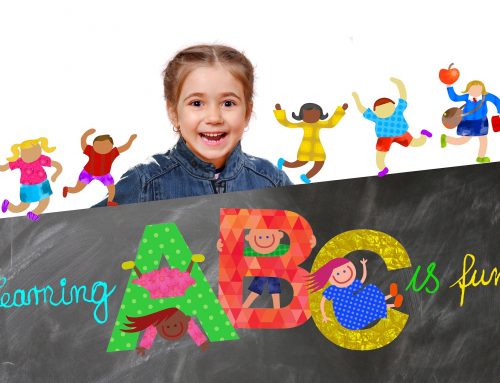Cognitive development plays a crucial role in shaping a child’s intellectual abilities. It helps them develop understanding and problem-solving skills, leading to their overall mental growth. Introducing them to the concept of sustainable practices early on can instill a sense of environmental responsibility.
By combining these two factors, you can promote cognitive abilities as well as foster eco-friendly practices among children:
Experimental Learning Opportunities
One of the most effective ways to boost child’s mental growth and environmental consciousness is through nature-based education. Taking students out of their traditional classrooms and allowing them to have hands-on experience with gardening can help them create a connection with nature.
Taking them out on field trips to ecological sites also provides them with the scope to engage their senses and develop critical thinking skills. This step can help them to enhance their personality, learn new skills, and improve their cognitive function.
Incorporating Sustainability into the Curriculum
Including sustainability in the curriculum can immensely help in reaching the two objectives. Teachers can incorporate eco-conscious topics such as climate change, renewable and non-renewable energy sources, and conservation into the lessons.
By discussing these issues in the classroom, children can gain a broad perspective and develop critical thinking skills to analyse real-world issues. Hosting projects like recycling paper or daily use items can also cater towards the development of environmentally responsible children.
Encouraging Problem Solving and Critical Thinking
Problem-solving skills are one of the most essential skills required to wade through conflicts, the pressure of assignments, and various other problems. Engaging students in activities that require brainstorming situations and dealing with problems in a healthier manner can help strengthen their cognitive abilities.
Teachers can design activities or host class discussions on environmental issues and encourage students to come up with innovative solutions. This can empower them to make critical decisions, helping them develop core cognitive skills.
Integrate Collaboration and Teamwork
Fostering collaboration and teamwork from an early age is important for the cognitive development of kids. By introducing them to group projects that are centred around sustainable initiatives, both objectives can be attained.
Group projects on sustainability can include students working on identifying methods to solve problems, delegate tasks, and work towards a common goal. This can elevate their communication and interpersonal skills and also improve collective action and shared responsibility.
Push Curiosity and Creativity
Engage young minds by keeping kids curious. You can do this by letting them participate in daily chores that let them form different perspectives on situations and allow them to think and figure out creative ways to solve problems.
Help children explore various opportunities when it comes to developing their creative skills. By engaging them to solve puzzles and games that promote sustainability, kids can develop environmental consciousness and cognitive abilities.
To sum it up, promoting cognitive development and environmental responsibility among children go hand in hand. By implementing diverse methods of learning, engaging their brain, and, most importantly, serving as role models, you can demonstrate the importance of walking towards a green path along with fostering significant cognitive development.







Leave A Comment